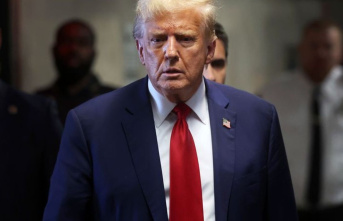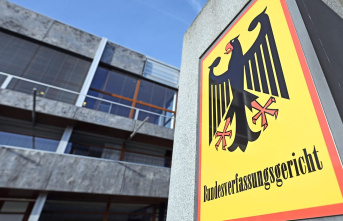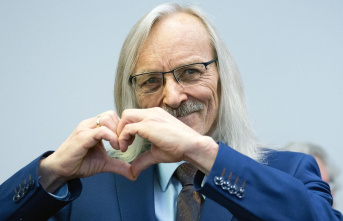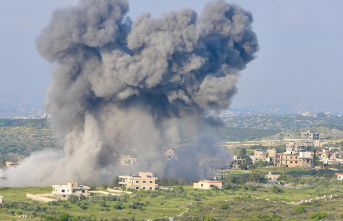These rules expand restrictions from pandemic-era on the time journalists can report from state legislative chambers.
Journalists covering Utah's Legislature need to ask permission to interview legislators on the House of Representatives floor and in other restricted areas. Television reporters must request permission from committee chairs to film speakers or crowds behind the dais, where legislators sit during committee hearings.
"I know that sometimes committee member get a bit nervous from the cameras right in front of them because they can see the screens," Republican Rep. Timothy Hawkes stated Monday during a hearing on the measure.
Journalists covering the Statehouse and media organizations opposed the changes to the Utah House or Senate rules. They argued that restricting media movement would make it harder to cover fast-paced activity and make it easier to avoid the press. They claimed transparency was reduced, a claim which lawmakers refuted.
Renae Cowley Laub, lobbyist for Utah Media Coalition, suggested an alternative Monday. She stated that credentialed media members were currently working to establish a formal press corps that could collaborate with lawmakers to improve the rules in a mutually satisfying manner.
She suggested forming a commission consisting of two members of press and designees representing the Senate, House and state legislative officers to oversee press rules. This is similar to what was used in Utah courthouses.
"As you can see by simple math, the committee is already stacked in favour of the government. She said that it offers the media and members the press an opportunity to participate in some of the decisions regarding their practice or profession."
Similar restrictions were passed in Iowa, and Kansas.
These new restrictions come amid increasing media attacks and parallel new restrictions on journalists covering protests or court proceedings.
They also arrive as U.S. cities and states loosen coronavirus regulations that have restored restaurants, sporting events, and offices to their pre-pandemic capacities.












